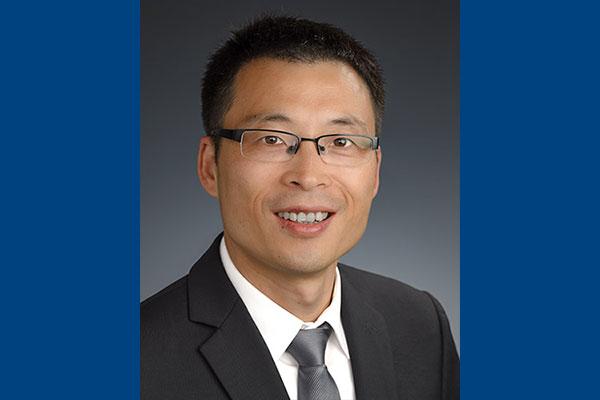
Assistant Professor Huihua Li, MD, PhD, gave a lecture in the 11th Annual Chinese American Pathologists Association (CAPA) Diagnostic Course on Sept. 12, 2025, at the Marriott Orlando World Center in Florida. Li’s presentation, “Morphologic Spectrum of Cardiac Diseases: Insights from Explanted and Post-Mortem Hearts,” was part of the Thoracic/Cardiovascular Session.

The 11th CAPA Diagnostic Course is a one-day conference bringing together experts from across all subspecialties of diagnostic pathology to provide comprehensive education on recent advances in the field as well as in molecular testing and AI applications in pathology. The course featured updates in disease classifications, addressing common diagnostic challenges encountered in daily practice.
CAPA is a nonprofit organization supporting Chinese-American pathologists in the United States and Canada who are either practicing or in training. Since its establishment in 2003, CAPA has developed as an internationally-recognized pathologist organization with over 830 members. CAPA’s primary mission is to provide educational opportunities, improve professional skills, enhance communication, and promote collaboration between CAPA and other pathology organizations.